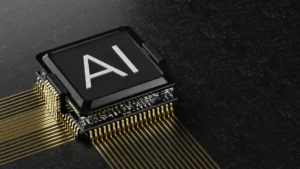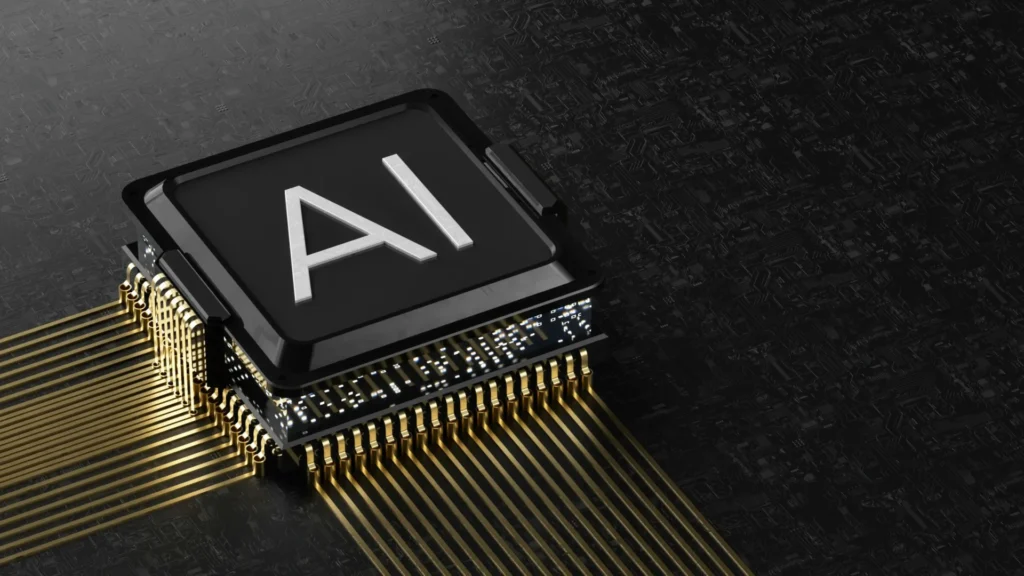The Nvidia and AMD China chip deal has taken center stage after both companies agreed to pay Washington 15% of Chinese sales revenue. The arrangement allows Nvidia to resume selling its H20 chips in China after a months-long ban citing national security concerns.
AMD will also follow the deal by paying the US government 15% of revenue from its ME308 chip sales in China. The Trump administration struck the agreement despite earlier restrictions on AI-focused chips over fears of boosting China’s military capabilities.
Security experts previously warned that the H20 chip could enhance China’s AI potential, including autonomous weapons and battlefield decision-making systems. Trump-era officials wrote a letter urging caution, calling the chip a potent accelerator for Beijing’s technological advancements.
President Donald Trump dismissed those warnings on Monday, labeling the H2O chip as old and downplaying the associated national security risks. Critics have accused the administration of setting a dangerous precedent by monetizing national security-related export controls.
Trade policy expert Deborah Elms questioned the logic, stating that financial payments cannot erase genuine national security concerns. Some investors described the requirement as a shakedown, while others compared it to an illegal export tax under US law.
Democratic Congressman Jake Auchincloss warned that the US now holds a financial incentive to sell AI technology to China. Nvidia stated it complies with US government rules and hopes export controls will allow America to remain competitive globally.
The agreement comes as US-China trade tensions show tentative signs of easing after a 90-day tariff truce was established in May. Beijing recently erased rare earth export restrictions, while Washington loosened some rules on chip design software sales to Chinese firms.
Major tech companies have pledged significant US investments, with Nvidia planning up to $500bn for AI server infrastructure in the country. Industry analysts called the revenue-sharing deal unprecedented, highlighting increased cost and uncertainty for American tech firms.









